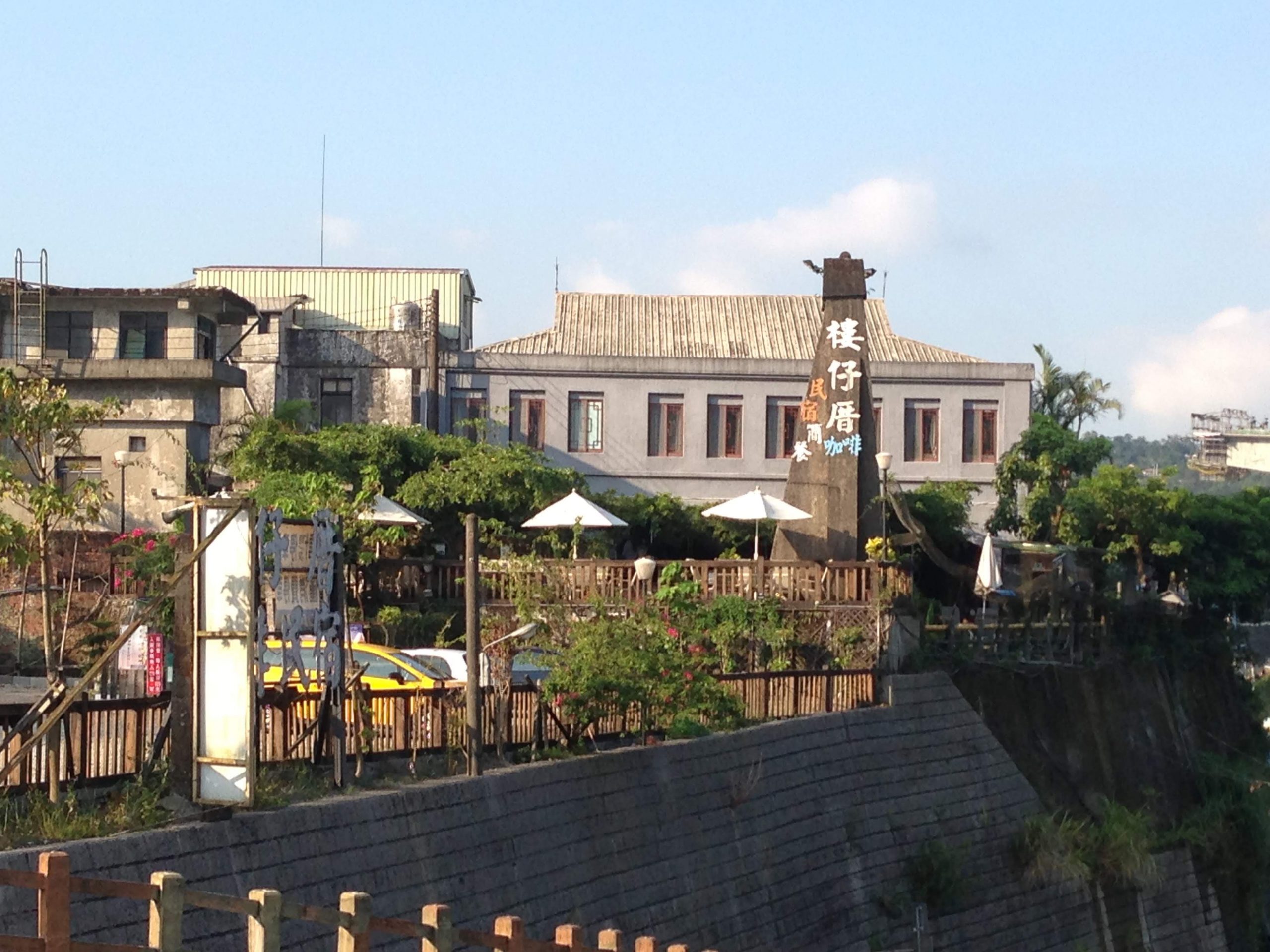Hong Kong SAR

Though it is currently a Special Administrative Region in China, Hong Kong has Chinese and Western influences due to British colonization that lasted for over a century. Chinese and English are the official languages, but Cantonese is the most widely spoken language.
Read more
The city’s population retains its Chinese culture as 94.6% of its dense population of 7.5 million people speak Cantonese, compared to the 53.2% who speak English. Many Chinese holidays are celebrated, including the Dragon Boat Festival, which involves dragon boat races as part of its ceremony.
Taiwan

Taiwan is an island nation located east of mainland China. The island is home to a diverse population, which includes multiple Indigenous communities (Ch. 台灣原住民族), as well as those who have resettled from mainland China as early as the 13th century. A significant number of people migrated from mainland China to Taiwan after the founding of the People’s Republic of China. Taiwan is also home to diverse languages, including Hokkien, Haka, and Formosan languages.
Read more
The Hokkien language (Ch. 閩南話或福佬話) is spoken by about 70% of Taiwan’s population. Hokkien originated in the Minnan region of southeastern Fujian province, which is located directly across the Taiwan Strait. Hokkien has an estimated 13.5 million native speakers in Taiwan, as well as several million speakers spread across the Pacific islands of Malaysia, Philippines, and Singapore. It has served as a lingua franca amongst the Chinese diaspora in the Pacific Islands. The largest number of Hokkien speakers—an estimated 28 million—are located in mainland China.
The Hakka language (Ch. 客家语) is spoken by those identify as having Hakka ancestry. This language is also commonly used amongst the Chinese diaspora in the Pacific Islands and Southeast Asia. The Hakka comprise an ethnic group of between 80 and 120 million people worldwide. It is generally believed that the Hakka people’s ancestors originated in northern China, and then moved southwards during several migration periods from the Qin dynasty (221-206 BC) to the present. While most Hakka people live across southwestern mainland China, they do not identify with a single homeland.
The Formosan languages are the Indigenous languages of Taiwan. There are 16 officially recognized Indigenous communities in Taiwan, and linguists estimate that these communities speak (or spoke) approximately 26 distinct languages. The Formosan languages are part of the Austronesian language family. These languages are critically endangered. Only about 35% of Indigenous Taiwanese people report speaking their ancestral language.